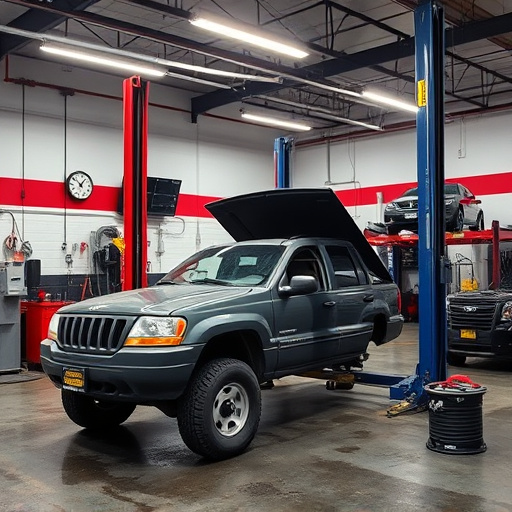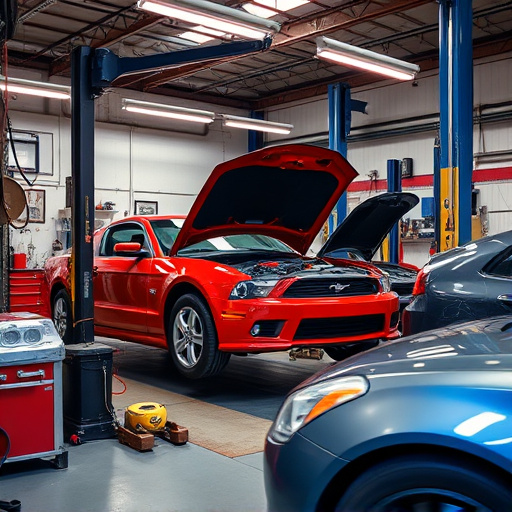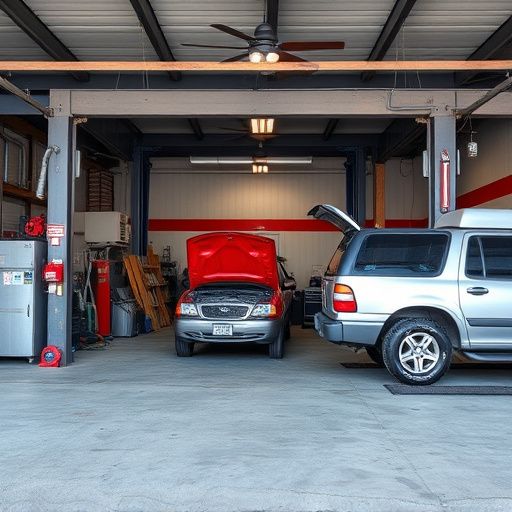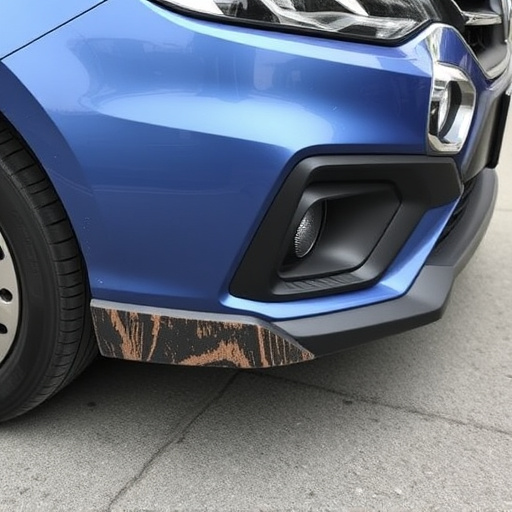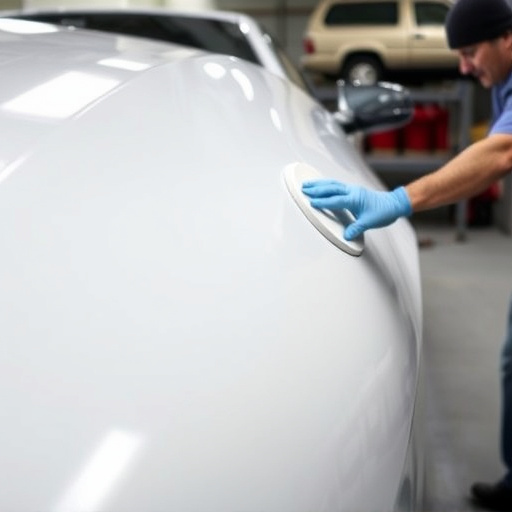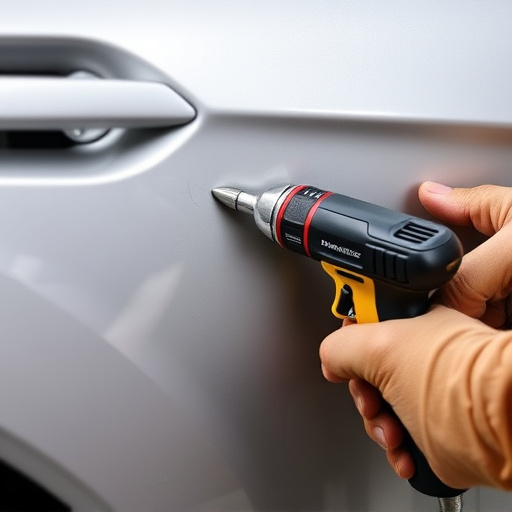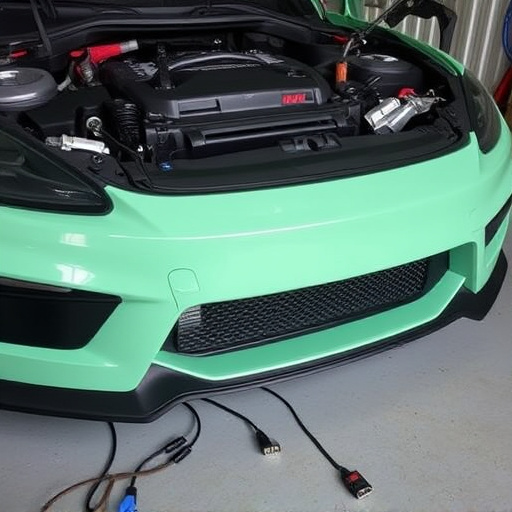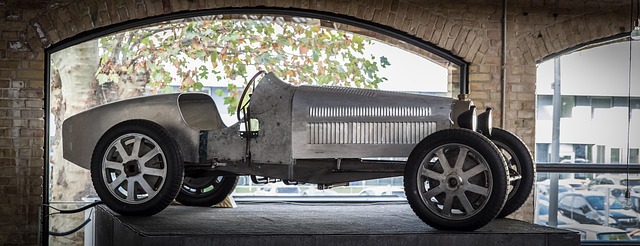Rural auto body shops overcome challenges like skilled labor scarcity and technology adoption gaps to provide vital community services. They serve as emergency resources with 24/7 support, specialized tools, and trained staff for various vehicle damages. Best practices include efficient communication networks, dedicated staff, optimized routes, and regular drills for swift response times, enhancing local emergency management and safety.
In many remote areas, rural auto body shops face unique challenges in providing timely and quality services. This article explores the critical role emergency services play in ensuring the safety and efficiency of these shops. From understanding the specific difficulties encountered to implementing best practices for enhanced response times, we delve into strategies that can transform rural auto body shops into well-prepared and responsive centers of automotive excellence.
- Understanding Rural Auto Body Shop Challenges
- The Essential Role of Emergency Services
- Best Practices for Effective Response Times
Understanding Rural Auto Body Shop Challenges
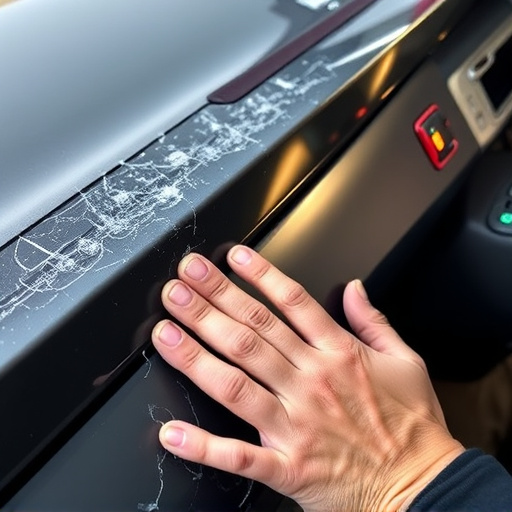
Rural auto body shops face unique challenges that often set them apart from their urban counterparts. One of the primary difficulties is the limited access to specialized resources and skilled labor. In remote areas, finding professionals with expertise in car paint repair or auto maintenance can be a significant hurdle. The dispersed population means fewer businesses and services, leading to longer response times for emergency repairs. Additionally, these shops may have to manage higher costs due to their isolation, which can impact pricing for customers.
Another challenge is keeping up with modern technology and techniques, such as paintless dent repair, which has become increasingly popular in the auto industry. Rural shops might not have the same resources or training programs accessible to urban centers, potentially leaving them behind in terms of offering advanced services. However, many rural body shops are known for their resilience and adaptability, finding creative solutions to overcome these obstacles and providing essential services to their communities.
The Essential Role of Emergency Services
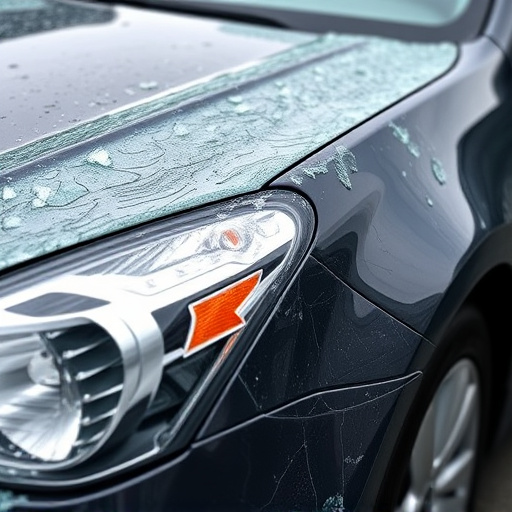
In the unique context of rural auto body shops, emergency services play an indispensable role. These shops often serve as more than just places to fix cars; they are crucial community resources, especially in areas with limited access to urban amenities. When accidents occur on remote roads or in agricultural settings, quick and efficient emergency response can make a significant difference in outcomes. Well-equipped collision repair shops in rural locations ensure that residents have a reliable network of automotive repair services readily available, fostering safety and peace of mind.
With specialized tools and trained personnel, these shops are capable of handling various types of vehicle damage, from minor fender benders to major collisions. In addition to car paint repair and automotive repair services, they often offer 24/7 roadside assistance, emergency towing, and immediate accident scene management. This comprehensive approach not only facilitates faster recovery for drivers but also contributes to the overall efficiency of local emergency response systems.
Best Practices for Effective Response Times

In rural areas, where auto body shops are often dispersed over wide territories, optimizing response times is paramount for effective emergency services. The best practices involve establishing robust communication networks that facilitate swift reporting and coordination of incidents. This includes having dedicated staff members or owners who can quickly alert nearby collision repair centers and car repair shops within the network, ensuring a rapid collective response.
Additionally, rural auto body shops should maintain well-defined routes and procedures for emergency personnel to follow, minimizing travel time and maximizing efficiency. Regular drills and exercises that simulate various scenarios can further enhance preparedness, allowing shop staff and local emergency services to collaborate effectively during real-world emergencies. Such proactive measures not only shorten response times but also contribute to better overall auto maintenance and safety outcomes in these communities.
Rural auto body shops face unique challenges, but by understanding and addressing these issues, they can ensure swift and effective emergency response times. Implementing best practices and maintaining strong relationships with local emergency services is crucial for minimizing damage and enhancing safety in these areas. This holistic approach not only benefits the shops themselves but also contributes to the overall well-being of rural communities.
